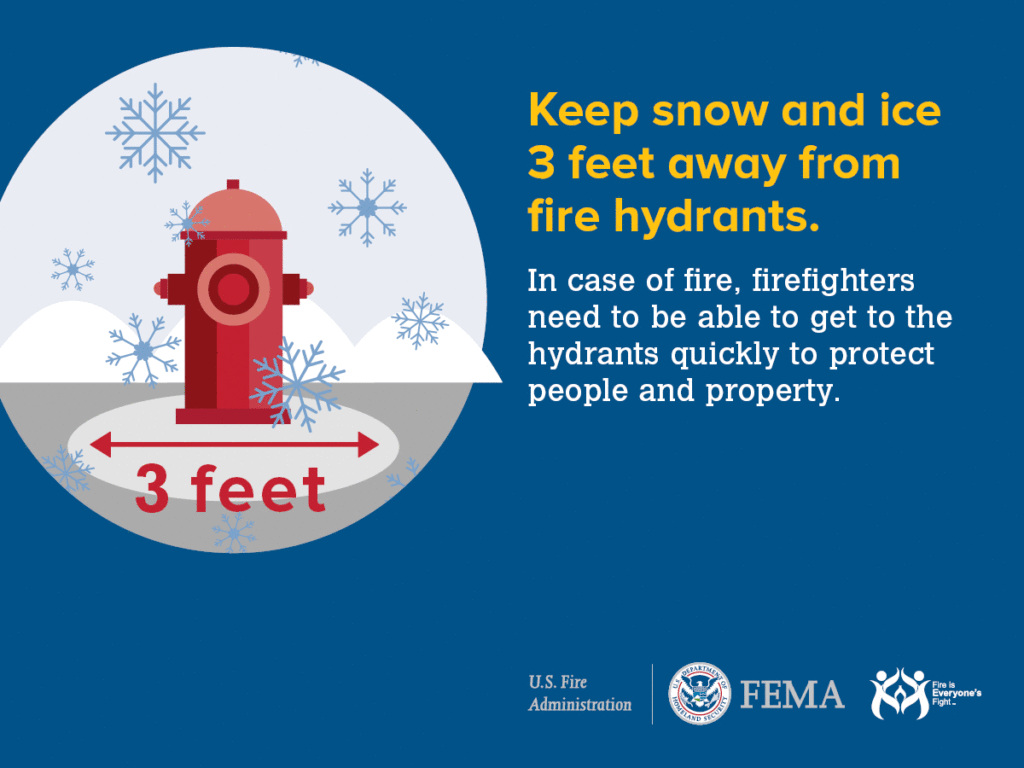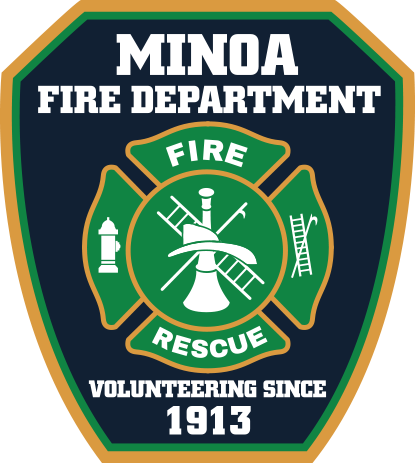Severe Weather and Safety

Central New York is sometimes at risk for severe weather, which can cause dangerous and sometimes life-threatening conditions. Snowstorms, extreme cold, high winds, torrential rains and flooding, and lightning can all wreak havoc on our daily schedules.
Preparing before a disaster strikes and knowing what to do during and after a storm will help ensure you and your family greatly reduce your risk for injury and damage to your home.
Severe Weather Safety Measures
Take these measures to protect yourself, your family, and your property:
Preparation Measures
Make sure your house number can be seen from the street. If you need help, firefighters will be able to find you.
- Stay Informed
- Monitor weather reports and alerts from reliable sources.
- Sign up for emergency notifications from local authorities.
- Create an Emergency Plan for Family and Pets
- Establish a communication plan with family members.
- Designate a meeting place in case of evacuation.
- Plan evacuation routes and identify higher ground or safe shelters.
- Prepare an Emergency Kit
- Include essentials like water, non-perishable food, medications, first aid supplies, flashlights, batteries, and important documents.
- Have enough supplies to last at least 72 hours.
- Protect Important Documents
- Store important documents (insurance policies, identification, etc.) in a waterproof container.
- Make digital copies of these documents.
- Home Preparation
- Elevate electrical appliances and utilities above potential flood levels.
- Install check valves in plumbing to prevent floodwater from backing up into the drains.
- Seal walls in basements with waterproof compounds.
- Always assume fallen power lines are energized. Stay away from the area and report any downed lines to authorities immediately.
- Flood Insurance
- Review your insurance policy to see if it covers flood damage.
- Consider purchasing flood insurance if necessary.
During a Flood Watch or Warning
- Stay Informed
- Keep listening to NOAA Weather Radio, local radio, or TV for updates.
- Secure Your Home
- Move valuable items to the highest floor.
- Turn off utilities (electricity, gas, water) if instructed to do so.
- Prepare for Evacuation
- Fill your car's gas tank and have a car emergency kit ready.
- Gather all necessary items from your emergency kit.
- Follow evacuation orders from local authorities promptly.
- Avoid Floodwaters
- Stay away from floodwaters, as they can be contaminated or hide dangerous debris.
- Do not attempt to walk, swim, or drive through moving water.
- Evacuate Safely
- Follow recommended evacuation routes and avoid shortcuts, as they may be blocked or dangerous.
- Inform someone outside the affected area of your evacuation plans.
Quick Tips To Share
Share these graphics with your family and friends! We encourage you to print these and also share on social media.


Source for Content: National Fire Protection Association and U.S. Fire Administration
